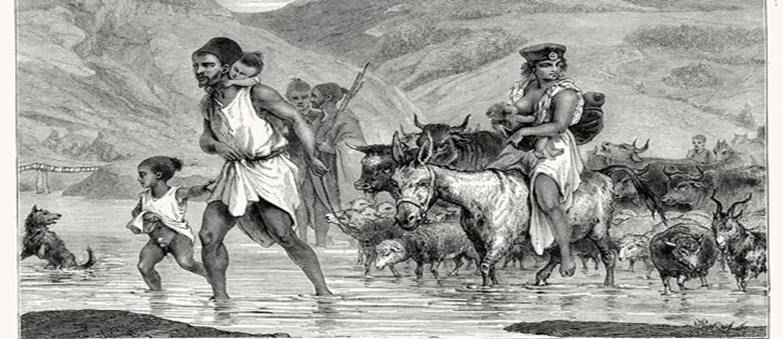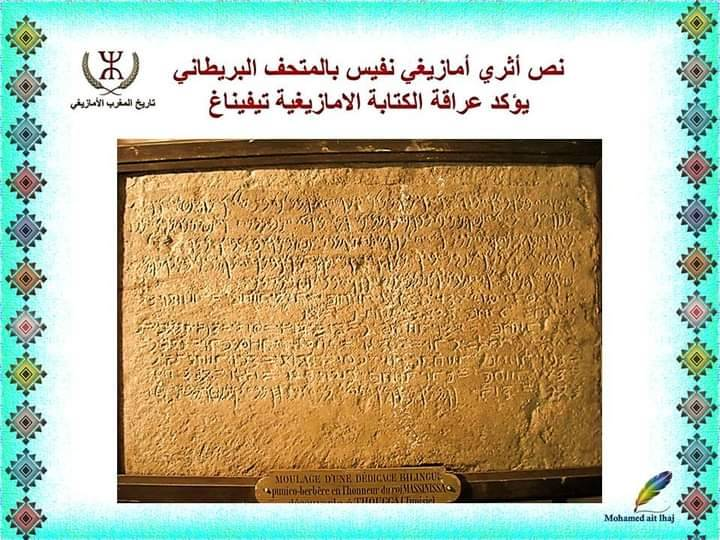?Why should we rehabilitate the Amazigh language in the history of the Maghreb

?How did the former French colonies that became independent States frequently borrow arguments from the colonizers aimed at legitimizing their new national identity in the eyes of the world

In the Maghreb countries, for example, school textbooks and national television programs convey memorial narratives aimed at strengthening citizens' feeling of belonging to the nation by resorting to a unambiguous and truncated vision of history. These official speeches tirelessly repeat that after the Arab conquest of the 7th century, the Amazighs would have instantly converted to Sunni Islam, and that their language would never have gone beyond the oral stage specific to local customs. Even historians have long tacitly admitted that faced with a conquering Arabic language which occupied the field of writing and prestigious functions of communication, Amazigh would have played the role of a marginal dialect devoid of prestige.

?Amazigh, a marginal dialect devoid of prestige
Yet recent research has shown that medieval Arabic sources largely invalidate this view. They prove that the history of the Maghreb, from the Arab conquest to the Amazigh empires, took place in a bilingual Arab- Amazigh framework, and sometimes even in Amazigh monolingualism. These studies allow us to understand how the promotion of Amazigh as the language of preaching went hand in hand with an Islamization and an Arabization of the language.
After the Arab conquest of 670, popular revolts resulted in the formation of several independent Amazigh kingdoms. The flight of the majority of the Arabs who had settled in the Maghreb greatly contributed to slowing down the Arabization of the populations. Although these texts have not come down to us, specialists believe that the spread of Islam was then based on Korans written in Amazigh. Under the Almohad dynasty - a Amazigh religious movement which turned into an empire to govern the Maghreb and Andalusia between the middle of the 12th and 13th centuries - Amazigh enjoyed the status of a sacred language and was, as such, considered as worthy of being broadcast in writing. (...)
Bibliography:
Mehdi Ghouirgate, " Berber in the Middle Ages. A linguistic culture in the process of reconstitution" , Annales. History, Social Sciences , 2015, n°3, p. 577-606.
The column can be listened to in its entirety by clicking on the top of the page. History, economics, science, philosophy, art history… Listen and subscribe to the collection of podcasts "Le Pourquoi du comment" ; the best experts answer all the questions you dare not ask.

